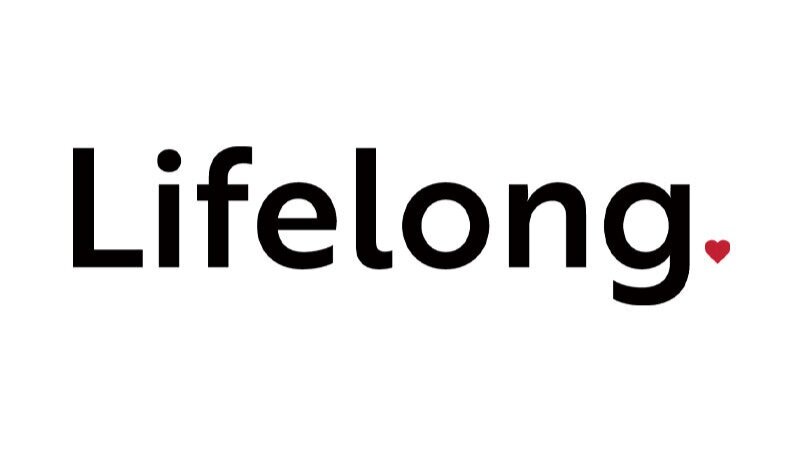September is Sexual Health Month, and we at Lifelong have always taken pride in our efforts to promote a spectrum of sexual health needs: whether that is teaching sex education to the LGBTQ community, handing out information and resources for safe sex – which includes PrEP, or helping people with HIV obtain healthy relationships and sex lives. Our Prevention Team works extremely hard to reach as many people in the community as they can to promote an optimal sexual health for every individual.
Within the Prevention Team, we have the HEYO (Health Education Youth Outreach) program, and one of the program’s major focuses is sex education workshops, specifically about queer sex. Alyx Steadman, Prevention Specialist - HEYO Coordinator, explains the importance of these workshops, “We know most sex education is abstinence-only or taught in a very heteronormative way, which doesn’t address a lot of queer people’s needs, especially around the practicality of sex – so our workshops are designed to help address these needs.” The HEYO program gets requests to go to various GSAs (Genders & Sexualities Alliances) and sex-education classes at middle schools and high schools throughout the greater Seattle area. “We are known throughout the community as being a safe, progressive place to talk about sex,” Steadman shares. Even though we live in a time of accessing the majority of our information on the internet, not all of that information is going to be accurate or truthful, so the in-person outreach that HEYO does really serves as a place that promotes factual and reliable information, while also being a sex-positive space to talk about topics that seem taboo. “They need somewhere to process their thoughts and feelings without judgment,” Steadman says.
Within the Prevention Team, we also have PrEP Navigators to help connect people in our community to PrEP (pre-exposure prophylaxis), which is a single pill someone would take every day to reduce the chances of being diagnosed with HIV if they are currently HIV-negative. The PrEP program works in a three step process: educate people about PrEP, help them navigate through their healthcare and benefits, and then connect them to PrEP providers. Tony Koester, Prevention Program Manager, explains, “In the State of Washington, there is no reason for anyone to not utilize PrEP because of finances – we can literally get PrEP to people for free.” Even though PrEP is free and arguably the best tool to use to reduce the chances of contracting HIV, PrEP is still so stigmatized. “Our goal at Lifelong is to de-exotify PrEP and make it as normal as birth control – that is just really important,” Buck Rowland, PrEP Navigator, shares. Although the pill itself is stigmatized, PrEP has helped destigmatize being HIV-positive to a certain degree. Scott Hix, HIV Testing Lead, has seen a change in the dialogue about HIV: many clients have already had the “conversation” with their partners about their HIV status, and there are so many different ways the conversation can go, and many of those ways are positive now that PrEP exists. “It used to be that people would have to figure out how to still be together, but now people can get on PrEP so there is less to worry about,” Hix explains. PrEP has made a huge impact on the at-risk community to help them stay HIV-negative, but PrEP has also made a significant impact on the HIV-positive community by creating more safe and effective tools for them to have healthy and happy relationships.
Sexual Health Month is a time to celebrate our accomplishments in advancing sexual health in our community, but it is also a time to spread awareness about all the available information and resources to help individuals be their best health advocates. Find out all the ways we can support you!

